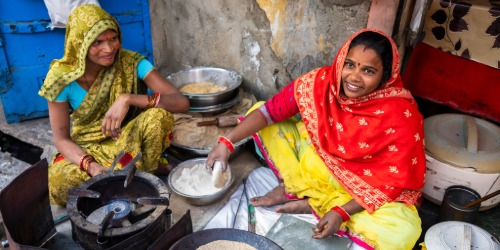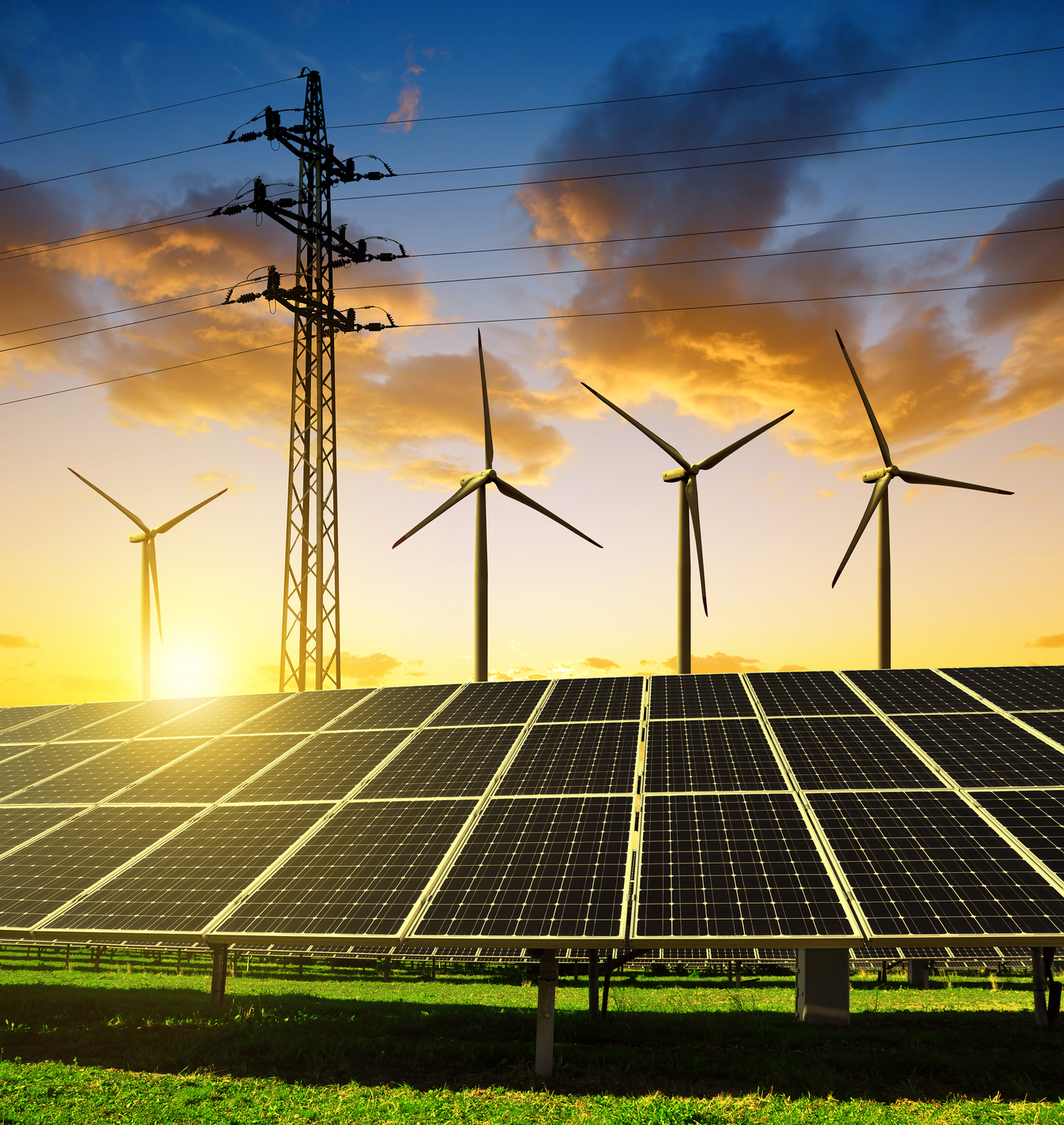
Appliances people use in kitchens affect how much energy a household uses, what type of fuel they use, and on a wide scale affect pollution in communities. Swapping out charcoal or wood stoves, which are common in India, for gas or electric stoves can create cleaner environments within households. But the technology and infrastructure that helps people cook with less pollutants, needs to be convenient and accessible for low-income households.
A MacArthur funded study from Janaagraha identified pathways for transition to clean fueling in India: Just Transitions to Clean Energy in Household Cooking: Bottom-Up Creation of Pathways for Low-Income Urban Settlements in Odisha’, published in the peer-reviewed Journal of City Climate Policy and Economy. Ultimately, they found that making the solutions inexpensive and usable was the best way to facilitate a transition.



